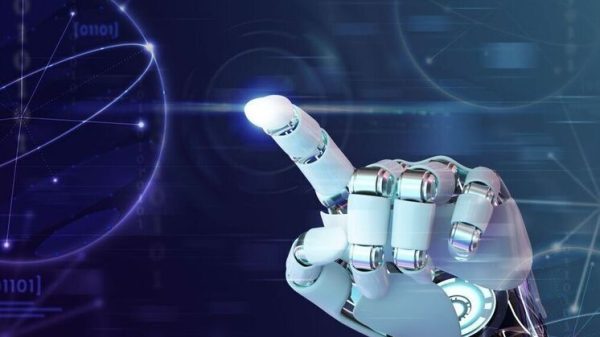
Microsoft's Brad Smith has spoken publicly in favour of Google throughout the companies legal battle
“What gives you the right to use their original work?” asked Justice Samuel Alito. Justices Elena Kagan and Neil Gorsuch pointed out that other technology giants like Apple and Microsoft created viable operating systems without copying Java.
“We are told that if we agree with Oracle we will ruin the technology industry in the US,” chief Justice John Roberts said.
However Justice Brett Kavanaugh pointed out that the “sky hasn’t fallen in yet” since a decision made by a lower court to uphold Oracle’s complaint in 2014.
The familiar QWERTY keyboard, found on laptops, PCs and smartphones, was frequently been used as a comparison to better understand the case by Google, who say it would be unfair to copyright the design of QWERTY, just as it would be unfair to uphold a copyright claim against the use of Java.
"You didn’t have to have a QWERTY keyboard on typewriters at the beginning, but my God, if you let somebody have a copyright on that now they would control all typewriters, which really has nothing to do with copyright," said Justice Stephen Breyer.
Three trials, two appeals and an eye watering amount of money has been spent on the legal battle and it is unlikely that a decision will come anytime soon. With the death of Ruth Bader Ginsberg and her nominated replacement Amy Coney Barrett set to shake up the court, a pandemic and an election next month, it may be some time until we learn if the Google and Oracle case will truly change the tech industry.






















































Свежие комментарии